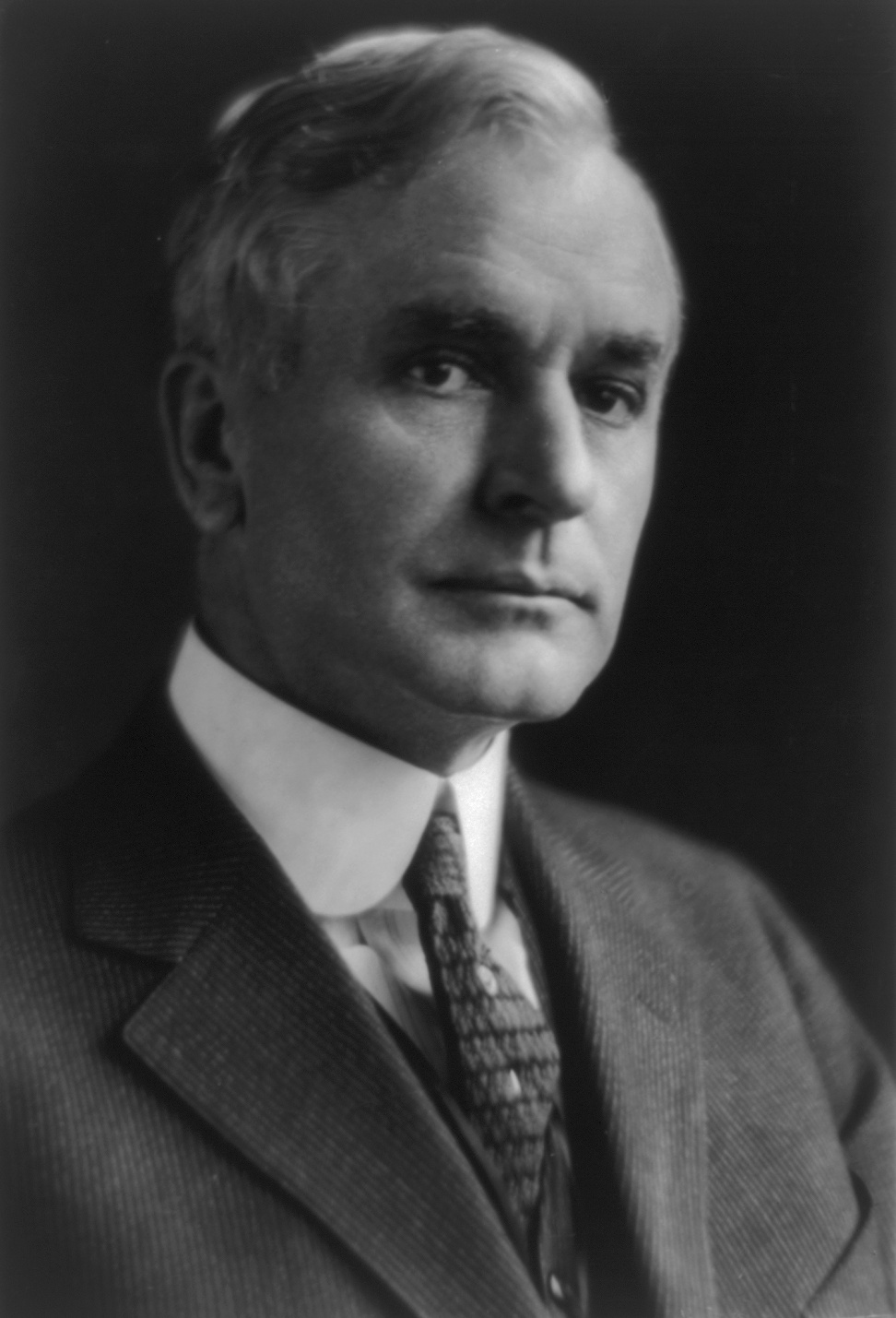Why was Cordell Hull Awarded the Nobel Prize for Peace in 1945?
Exploring Cordell Hull's Remarkable Contributions That Led to His Nobel Peace Prize Recognition
Cordell Hull’s Nobel Peace Prize in 1945: A Triumph of Diplomacy and Global Cooperation
In 1945, Cordell Hull, the distinguished American statesman and architect of international diplomacy, was awarded the Nobel Peace Prize for his exceptional contributions to fostering global cooperation, promoting economic interdependence, and laying the groundwork for a more peaceful world order. Hull’s visionary leadership and tireless dedication to diplomacy played a pivotal role in shaping the course of history during a time of unprecedented challenges and opportunities.
 A Diplomatic Visionary
A Diplomatic Visionary
Cordell Hull’s journey towards the Nobel Peace Prize began with his appointment as the United States Secretary of State in 1933, a position he held for over a decade under President Franklin D. Roosevelt. Hull’s diplomatic vision was deeply rooted in his belief that open communication, mutual understanding, and economic cooperation could serve as powerful tools to prevent future conflicts and maintain international harmony.
Promotion of Reciprocal Trade Agreements
One of Hull’s most significant accomplishments was his instrumental role in championing the Reciprocal Trade Agreements Act of 1934. This legislation granted the President the authority to negotiate bilateral trade agreements, aimed at reducing tariffs and promoting fair and open trade practices. Hull recognized that economic interdependence could act as a deterrent to global conflicts and foster a more stable international environment. The Act paved the way for increased international trade, stimulating economic growth and reinforcing peaceful relations among nations.
Architect of the United Nations
Hull’s legacy was further solidified by his pivotal contributions to the establishment of the United Nations (UN). As World War II raged on, Hull recognized the urgent need for a global organization dedicated to preventing future conflicts and promoting collective security. He played a key role in drafting the UN Charter and was a vital participant in the United Nations Conference on International Organization held in San Francisco in 1945. The principles enshrined in the Charter reflected Hull’s steadfast commitment to diplomacy, peaceful settlement of disputes, and international cooperation.
Promotion of International Dialogue
Cordell Hull’s unwavering dedication to open dialogue and negotiation significantly influenced the diplomacy of his era. His negotiations and interactions with other world leaders, including his counterparts from Britain, China, and the Soviet Union, helped pave the way for diplomatic solutions during times of tension and uncertainty. Hull’s patient and skillful approach to diplomacy demonstrated his belief that rational discourse and understanding could prevail over hostility and conflict.
Nobel Peace Prize Recognition
In 1945, the Nobel Committee awarded Cordell Hull the Peace Prize for his monumental contributions to the advancement of international relations, peace, and economic cooperation. The committee recognized Hull as a tireless advocate for diplomacy, who had demonstrated the effectiveness of peaceful negotiations and international dialogue as alternatives to armed conflicts. The Nobel Prize underscored Hull’s significant role in shaping the post-World War II world and his lasting impact on global diplomacy.
Cordell Hull’s Nobel Peace Prize in 1945 stands as a testament to his enduring legacy as a diplomat, visionary, and advocate for peace. His dedication to economic cooperation, open communication, and international collaboration laid the foundation for a more interconnected and peaceful world. Hull’s legacy continues to inspire diplomats and leaders to seek peaceful resolutions to conflicts, promote dialogue, and work towards a world where diplomacy triumphs over hostility.




